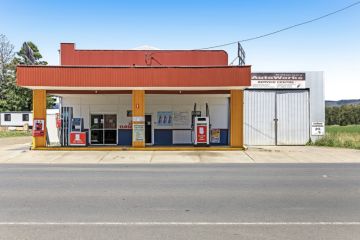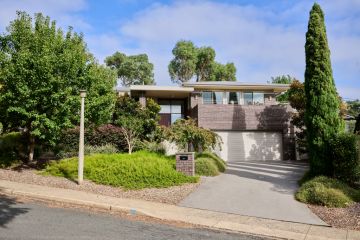She travelled in her 20s. He bought a house in his 20s. Who has regrets?
When Kate Heussler was 20, buying property was not on the cards, so she decided to save her money and travel instead.
Heussler had watched her parents struggle to pay back their mortgage, and the experience put her off home ownership.
“My association with property just meant crippling anxiety and stress and debt, and I didn’t want anything to do with that,” she says.
“There was no way I was going to enter the property market because I didn’t have the budget for it anyway or any help. I was priced out.”
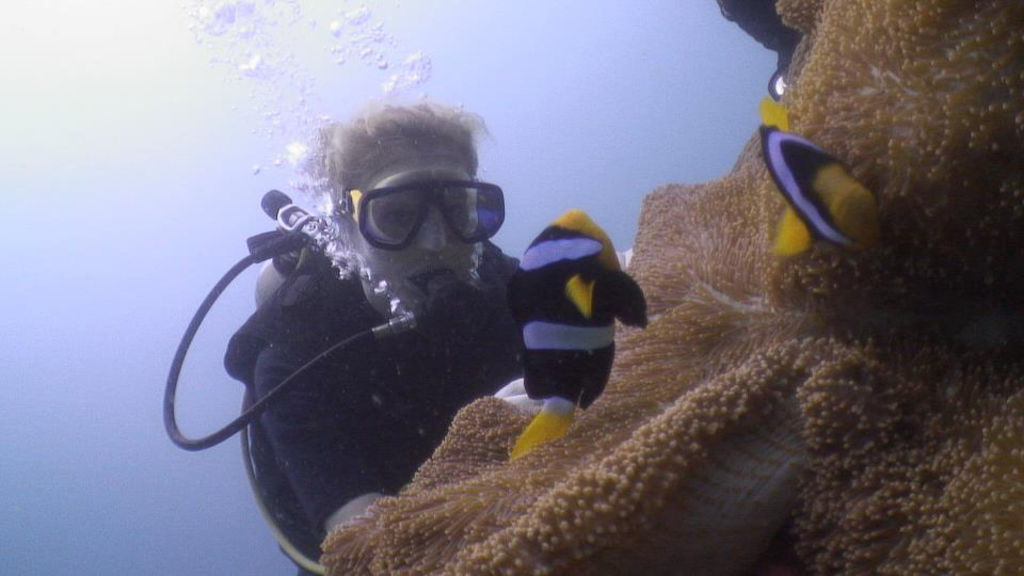
After finishing her degree and in between working as a graphic designer, Heussler travelled to the United States, the United Kingdom, Europe and South-East Asia.
“Travel is something that gave me freedom,” she says. “Why would I want to cripple myself with such a huge responsibility when I had this taste of freedom?”
Now 41, Heussler recently bought her first property in Sydney.
While she enjoyed the freedom of being mortgage-free in her 20s, Heussler wishes someone had advised her to find opportunities to also invest in the property market while travelling.
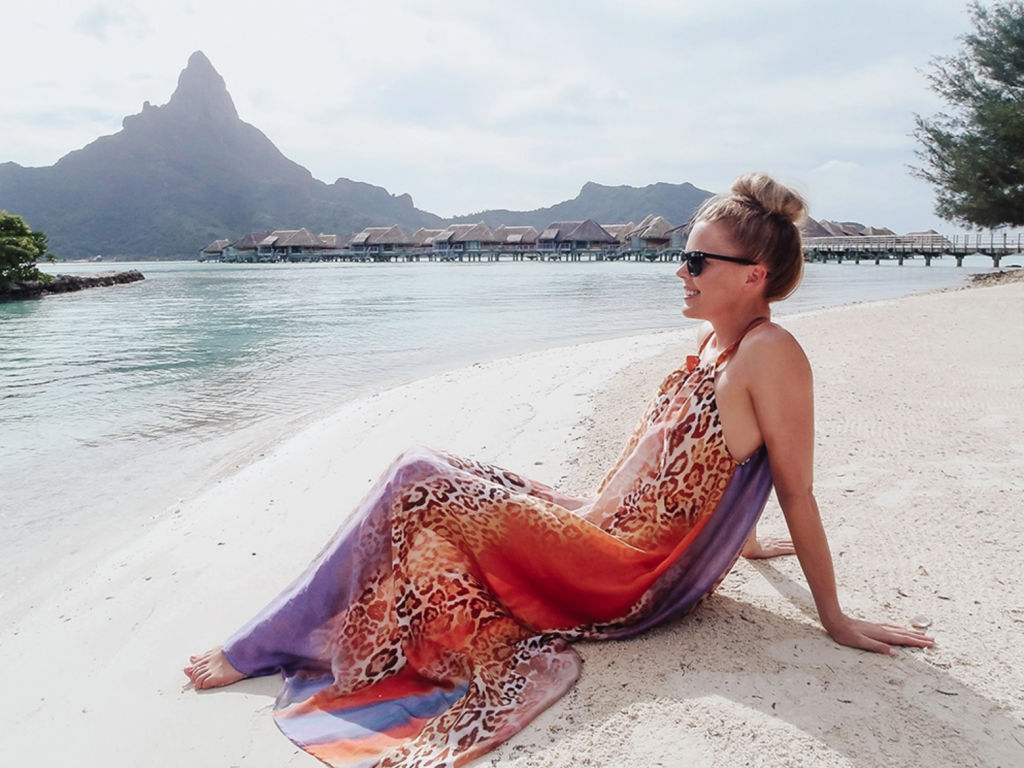
While Heussler’s hesitation to buy property in her 20s stemmed from her parents’ experience, as she got older, she understood that was not necissarily the norm.
“Fast forward to now, I know [my parents] made poor financial decisions,” she says.
“If I went back, I might say, ‘Kate, you’ve actually got the money. You can travel and you can buy property. Do that.’ But I didn’t have anyone around me who was giving me that information.”
For some, holding back on travel in their 20s is worth it to get into the market early.
When Jacob Aldridge was 21, he spoke to a mortgage broker about whether he could afford to buy an apartment in Brisbane.
It was possible, but it meant he’d have to give up travelling overseas to be able to manage the mortgage.
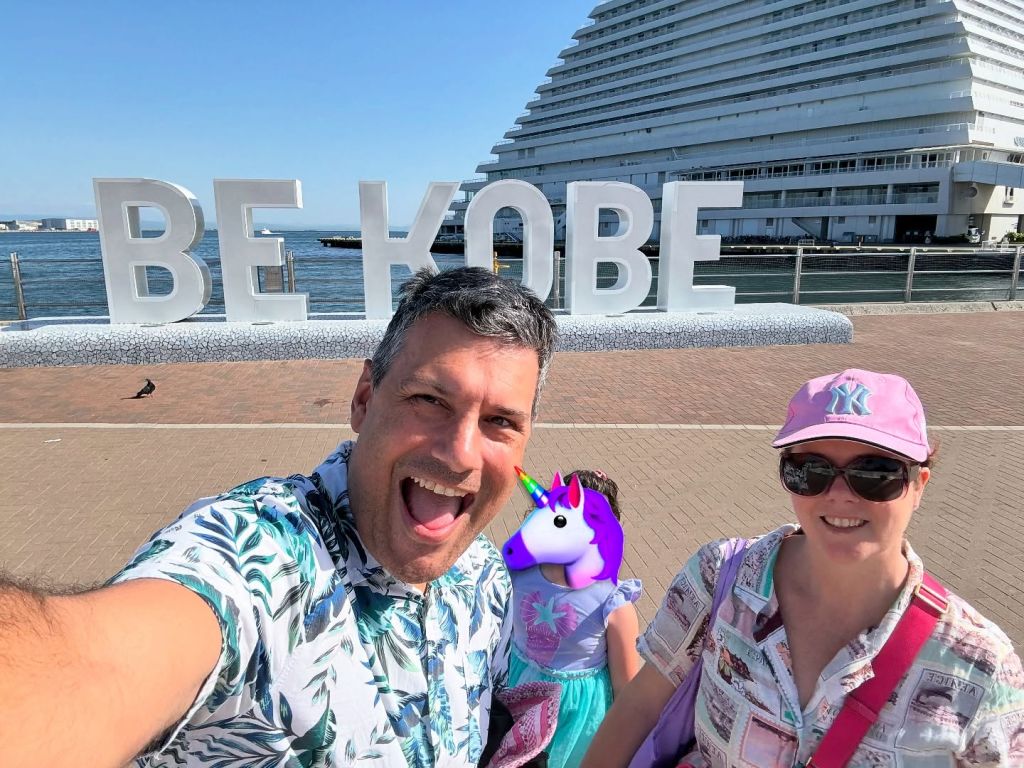
“It was hard seeing friends go and have these incredible experiences, [like] Contiki tours travelling all around Europe, these places that I hoped one day I’d get to see,” he says. “You feel like you’re missing out a little bit.”
However, he pursued his dream of owning a property.
“I thought in my mid-20s that this was probably the cheapest that houses were going to be,” he says.
“So it made sense to buy [then], rather than in five or 10 years when [properties] were only going to be more expensive.”
Aldridge bought his first property, a unit, in Brisbane in 2003.
Since then, the median unit price in Brisbane has increased by $498,190 (276 per cent) to $678,772, according to Domain data.
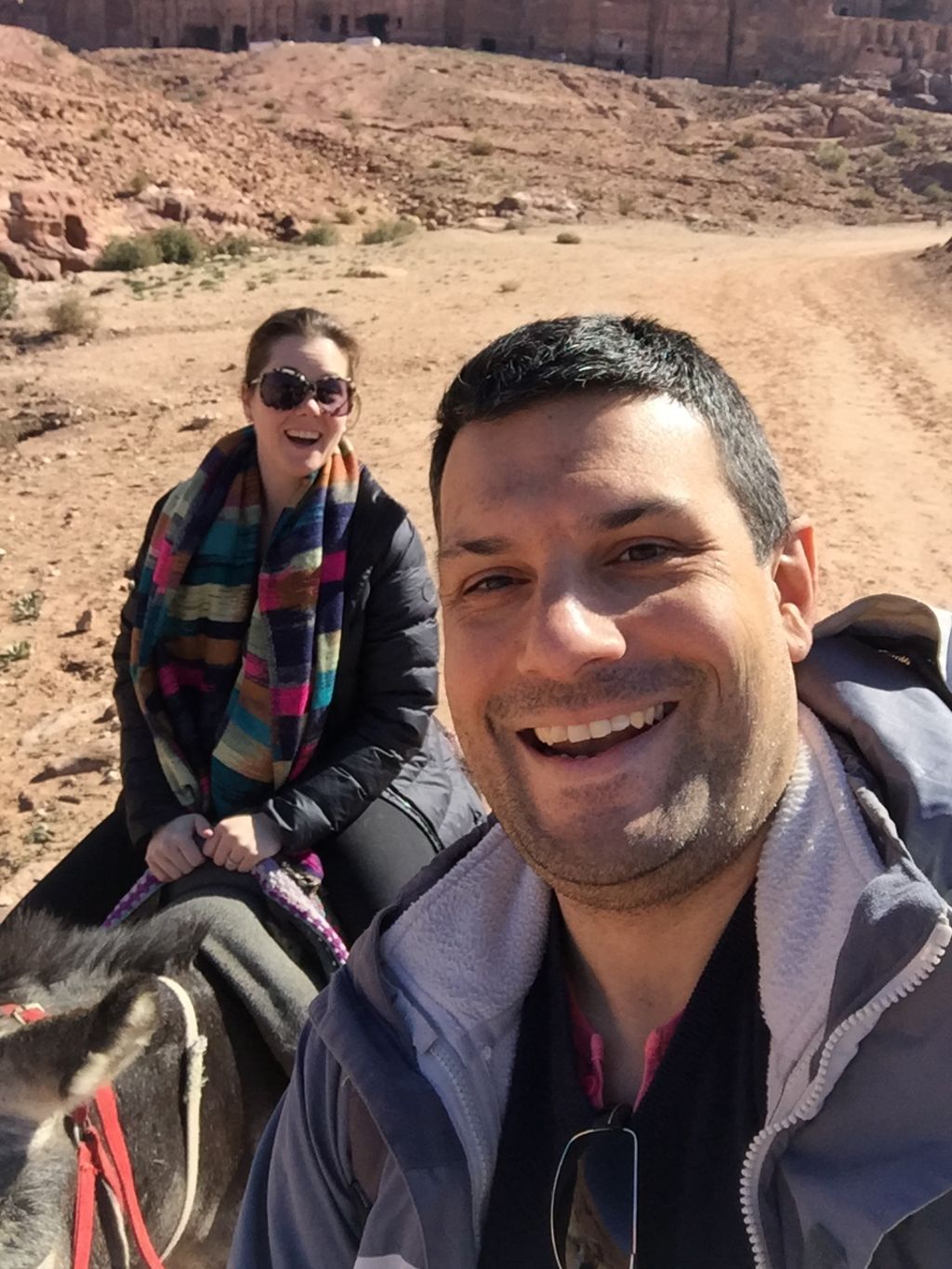
Twenty years later, Aldridge and his wife are now mortgage-free and own their home outright.
As for travel? Aldridge and his family now travel extensively and document their adventures via TheHarmonyFamily.
“The best travel decision I ever made was to buy a property and wait just that little bit longer to be able to afford the travel,” he says.
“I have been to far more countries now than I ever would have achieved had I travelled in my 20s.”
Aldridge admits it’s harder than ever for young people to buy property. However, if he were 20 today he’d still make the same decision to buy first.
The Domain Forecast Report Financial Year 2026 predicts house property prices will hit record highs. Sydney houses are expected to surpass a median of $1.8 million, while Melbourne is likely to reach $1.112 million.
While Aldridge was able to benefit from the property market growth since he bought in 2003, there is no way to put a price on Heussler’s travels that helped shape her into who she is today.
There is no right or wrong decision between choosing to travel or buying your first property, says Glen James, host of the popular podcast money money money.
“Buying a house is a lifestyle goal, and so is travelling overseas. They’re both lifestyle goals,” he says. “The biggest trap is that people get caught up when they are trying to make the right financial decision, and then they will just get stuck in analysis paralysis.”
James says it’s possible to travel and buy property during your 20s; it’s just a matter of how to get it done and how financially realistic it is for each person.
“An option could be to save up for an investment property [in a regional area] and not live in it, and then also travel,” he says.
“That would be faster and easier than buying a property within a capital city. You can have your cake and eat it, too.”
We recommend
We thought you might like
States
Capital Cities
Capital Cities - Rentals
Popular Areas
Allhomes
More
- © 2025, CoStar Group Inc.







